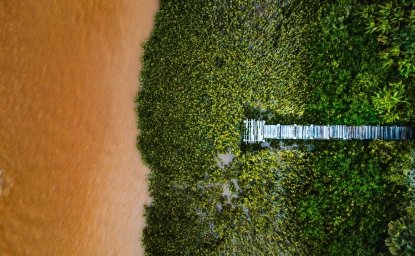The White Continent and South America: Climate Change, Global Policy, and the Future of Scientific Cooperation in Antarctica (No. 41)


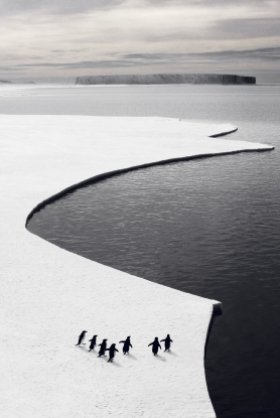
As climate change garners more attention worldwide, the polar regions continue to represent a frontline for the scientific understanding of future climate scenarios. Dramatic change is occurring at such a rapid pace that in the next three decades, the Arctic will likely be free of sea ice. Polar regions play critical roles in regulating Earth’s climate, influencing the atmosphere and oceans, and nurturing life for all living organisms.
Once thought of as a place void of human influence, the Antarctic is also undergoing significant change. Efforts to understand how Antarctica will impact global climate trends requires international scientific cooperation and diplomacy. South American countries in close proximity to the Antarctic region are likely to play a prominent role in research on the Antarctic and its impact on global climate trends.
As noted by report editor Anders Beal, a wide range of regional universities and institutes are at the forefront of research and knowledge. This new publication from the Wilson Center's Latin American Program and Polar Institute features prominent voices from South America, New Zealand, Canada, and the United States. Leading experts highlight critical issues facing the White Continent and illustrate the need for greater cooperation to meet shared challenges.
Table of Contents
Introduction
Anders Beal
From the Arctic to Antarctica: Understanding Climate Change in the Polar Regions
Paul Andrew Mayewski
The Anthropocene and Marine Conservation Efforts in the Southern Ocean
Sylvia Earle and Maximiliano Bello
The Chilean Position on Antarctica: A Continent for the Future of Humanity
Andrés Allamand
A Paradise in the Ice
Cristina Mittermeier, John Weller, and Paul Nicklen
Exploring the Connections between Antarctica and South America
Marcelo González and Marcelo Leppe
A Growing Tourism Industry in the Antarctic: Challenges and Opportunities
Peter W. Carey
A Brazilian Perspective on Antarctica and the Southern Ocean
Jefferson Cardia Simões
Understanding Latin American Cooperation on Antarctic Issues
Cristian Lorenzo
Authors

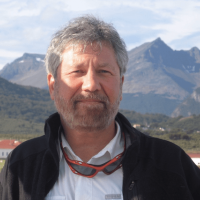


Senior Advisor, Mission Blue
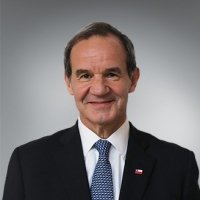


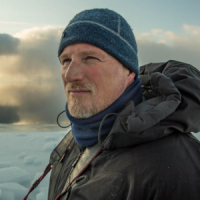

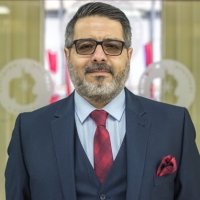

Director, SubAntarctic Foundation for Ecosystems Research
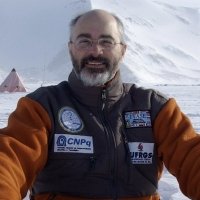


Latin America Program
The Wilson Center’s prestigious Latin America Program provides non-partisan expertise to a broad community of decision makers in the United States and Latin America on critical policy issues facing the Hemisphere. The Program provides insightful and actionable research for policymakers, private sector leaders, journalists, and public intellectuals in the United States and Latin America. To bridge the gap between scholarship and policy action, it fosters new inquiry, sponsors high-level public and private meetings among multiple stakeholders, and explores policy options to improve outcomes for citizens throughout the Americas. Drawing on the Wilson Center’s strength as the nation’s key non-partisan policy forum, the Program serves as a trusted source of analysis and a vital point of contact between the worlds of scholarship and action. Read more


Polar Institute
Since its inception in 2017, the Polar Institute has become a premier forum for discussion and policy analysis of Arctic and Antarctic issues, and is known in Washington, DC and elsewhere as the Arctic Public Square. The Institute holistically studies the central policy issues facing these regions—with an emphasis on Arctic governance, climate change, economic development, scientific research, security, and Indigenous communities—and communicates trusted analysis to policymakers and other stakeholders. Read more






